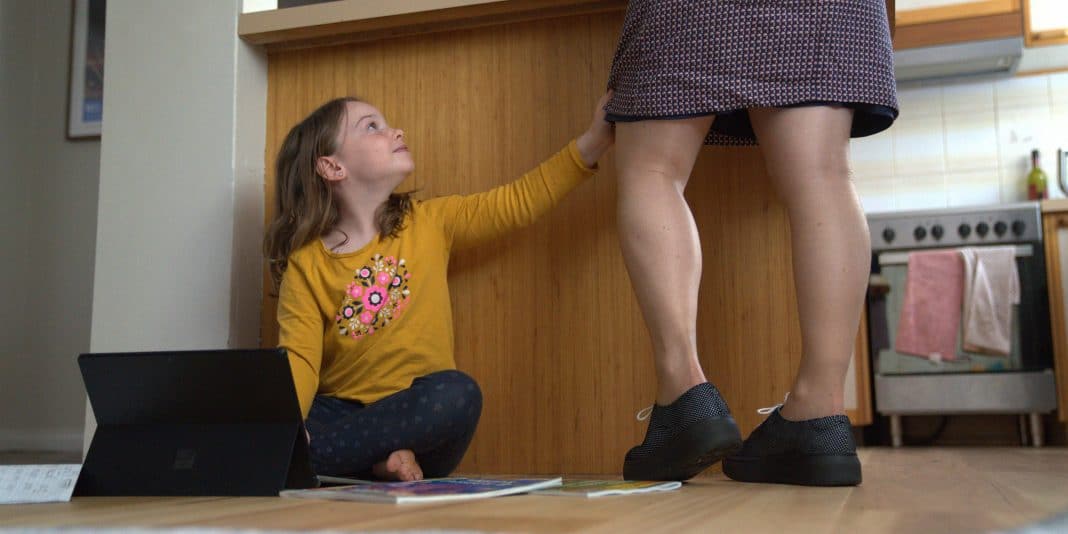Parents and caregivers who home-schooled children during the COVID-19 pandemic experienced significantly higher levels of psychological distress compared to those who didn’t, according to a new study by researchers at The Australian National University (ANU).
The study asked more than 1,200 Australian adults to rank their psychological well-being during the first wave of COVID-19 restrictions in March and April of 2020.
Those who were home-schooling also experienced greater disruption to their work and social lives. Having experienced home-schooling herself, lead researcher Dr Alison Calear said the results “make perfect sense”.
“During home-schooling, parents were so stretched. They were often trying to do their full-time job, as well as keeping their kids on track, as well as still doing everything else they have to do around the house,” Professor Calear said.
“Their ability to actually have down time, which might reduce their stress levels, was taken away.
“In addition, most caregivers couldn’t rely on their usual social networks for support. You couldn’t have grandparents helping out for example, or take your kids to a friend’s house.”
Professor Calear said her results offer validation for those who have struggled with home-schooling.
“What they were feeling was real. This analysis was done during the first wave of the pandemic, my suspicion is the distress levels would be even higher now,” Professor Calear said
“It’s important for employers to be aware of this toll. I think there’s a lot we could do to better support parents. Those who had pre-existing mental health problems found it even more difficult.
“It can be as simple as knowing there is flexibility, and appreciation for what parents are doing.”
The study has been published in BMC Public Health.
Get all the latest Canberra news, sport, entertainment, lifestyle, competitions and more delivered straight to your inbox with the Canberra Daily Daily Newsletter. Sign up here.



